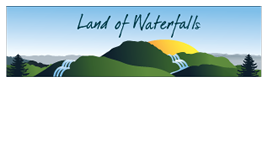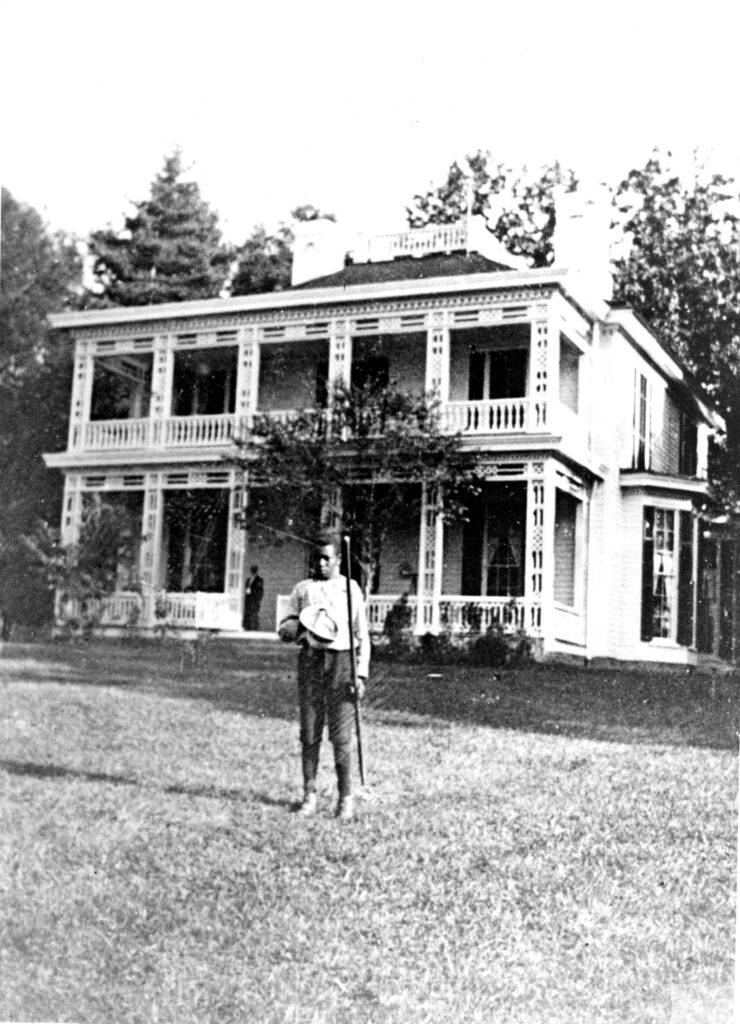
Everett Farm Road stretches through the Little River area and is home to some of the best farmland in Transylvania County. The first European settlers to own the land that became the Everett Farm were Baptist minister Benjamin King and his wife Mary Ann Shuford King. The Kings sold the land to William Ward of Charleston, SC. Ward was a wealthy rice plantation owner who built the first residence on the parcel in 1840, hiring local notable Ephraim Clayton as the general contractor in charge of construction and Thomas Wood as farm manager. The mansion was one of the most elaborate buildings in the county at the time and was very similar in style to the Greek Revival Chestnut Hill house built around the same time in another part of the county.
Ward fell into debt after the conclusion of the Civil War and to alleviate the debts, he sold the property to banker and fellow Charlestonian Charles T. Lowndes in 1865.Lowndes enjoyed the property and spent much time there until he passed away in 1884, upon which his heirs sold the property to native John Milton Thrash. Thrash sold the property in 1900 to the namesake of the property that is remembered today, Colonel Sylvester Thomas Everett. Everett’s wife had been visiting Brevard since 1896 and especially loved the area because it reminded her of Switzerland.
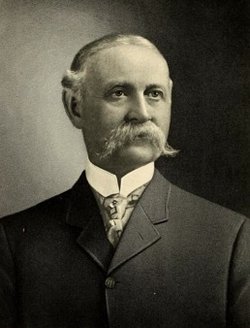
Sylvester Everett was an American financier from Cleveland, Ohio. He was a personal friend of not only President James Garfield, but also President William McKinley and served as the Treasurer of the City of Cleveland for nearly twenty years.. He helped to finance and build the first electric streetcar systems in Akron, OH, and Erie, PA. He was wildly successful and owned the biggest house on famed “Millionaires Row” in Cleveland. For such a successful capitalist, it was not a hardship to fund the many costly improvements made to the land at the overall cost of $100,000, equivalent to about 3.5 million dollars today. These included a series of carefully arranged outbuildings with fine details constructed of cut Italian stone constructed in the span of years from 1900-1906. Everett intended to breed and raise fine racing horses in these elaborate stables.
The family named the property “Valley Home” and used it as a summer home and informal sort of wildlife refuge. Mrs. Everett was very fond of songbirds in particular and requested that no hunting or clearing of brush be allowed on the property to protect the wildlife and their habitat as much as possible. Presumably, Mr. Everett’s health began to decline in 1917 or so, because records indicate that his son Randall W. Everett took on management of the property at that time and shifted the purpose of the outbuildings to raising dairy cattle. He changed the interior structure of some buildings, and built bungalow housing for farm workers and additional barns at a cost of about $40,000, or the equivalent of about one million dollars today. Randall moved to the area from Colorado and was the first to bring Shorthorn sheep herds to North Carolina. The venture must have eventually been fruitless, because a Sylvan Valley News article shows that Randall and his wife Georgia sold the property in 1935.

The ownership of Everett Farm is unclear for many years. Family records show that the property changed hands many times over the next decade or so, and the house and buildings fell into disrepair. In 1950, Alexander and Edith Thomas from Cocoa, Florida bought the property. Alexander’s father had been a florist and Alex went into a similar business as a flower grower. Alexander and Edith had a thriving flower growing business where they resided in Florida, and the Brevard farm purchase was a way to expand their operations. Due to the family’s ownership, many knew the farm as the Thomas Farm at this time, but the older name of Everett Farm was used interchangeably as well. The Thomas family had a thriving business growing gladioli and employed many county residents, though they continued to reside in Florida. Numerous Transylvania Times articles in the 1950s and 1960s highlight the gladioli production helmed by the Thomas family.
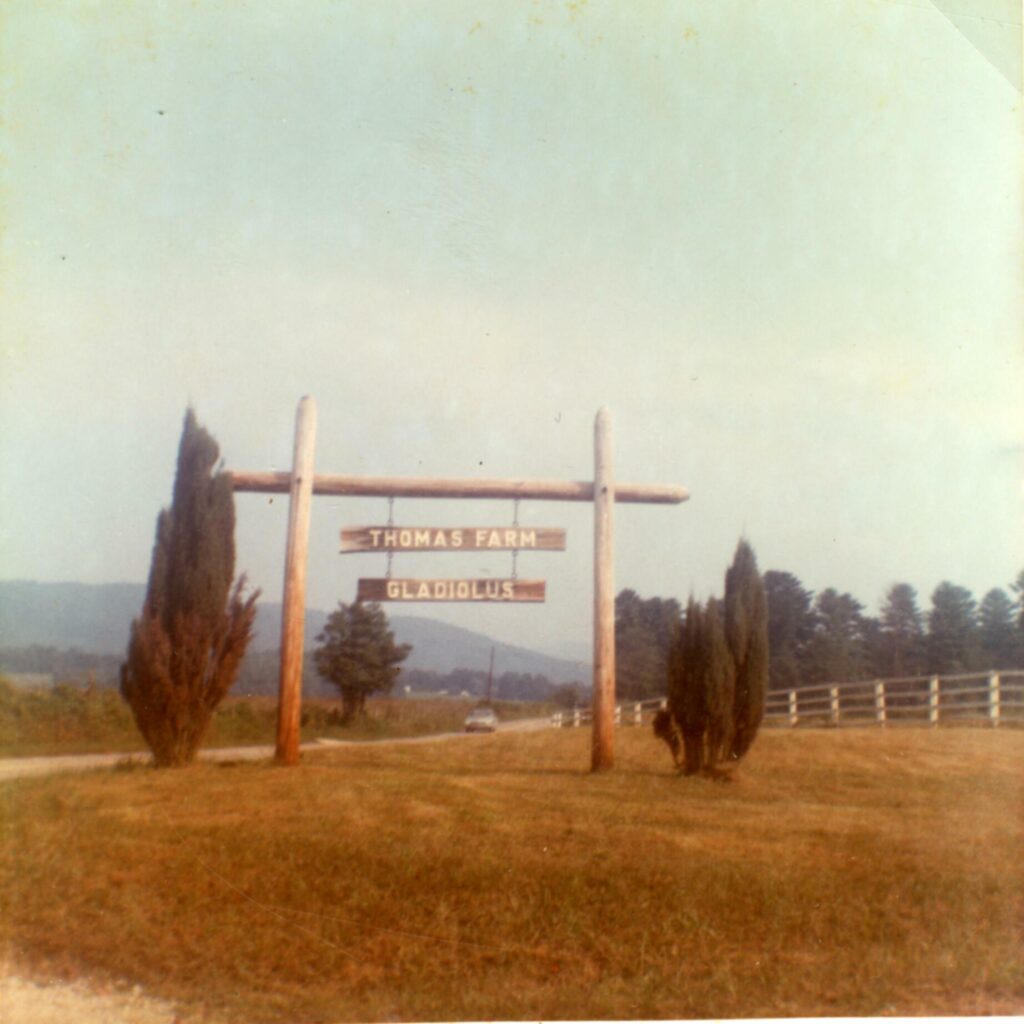
When Alexander passed away in 1971, farm production wound down. The property stayed in the family, being willed to youngest daughter Edith “Edie” Thomas Jensen. The property was sold in the 1980s to P. H. Glatfelter, the owner of the Ecusta/Olin paper plant at that time. Though documentation could not be found in time for publication of this article, it has been said that Glatfelter’s intention was to use part of the property for a landfill, though this never came to fruition. In preparation for these plans, the Lowndes House was burned down and remnants removed, as it was in poor condition. There were a couple of other ownership changes, and then George and Carrie Lenze bought the property in 2005. The Lenzes revived cattle production on the farm, consulting with environmental organizations and county government entities to ensure environmentally friendly practices to protect the watershed. Their quality beef and commitment to environmental stewardship earned them many awards before they moved on to other ventures. The property was sold to new owners in 2022, and there is no public information about future plans. Photographs and information for this column are provided by the Rowell Bosse North Carolina Room, Transylvania County Library. This article was written by Local History Librarian Laura Sperry. For more information, comments, or suggestions, contact NC Room staff at [email protected] or 828-884-1820.

